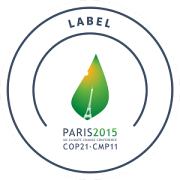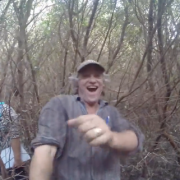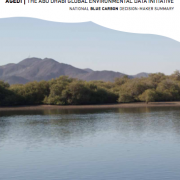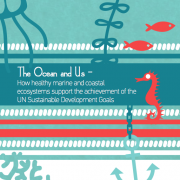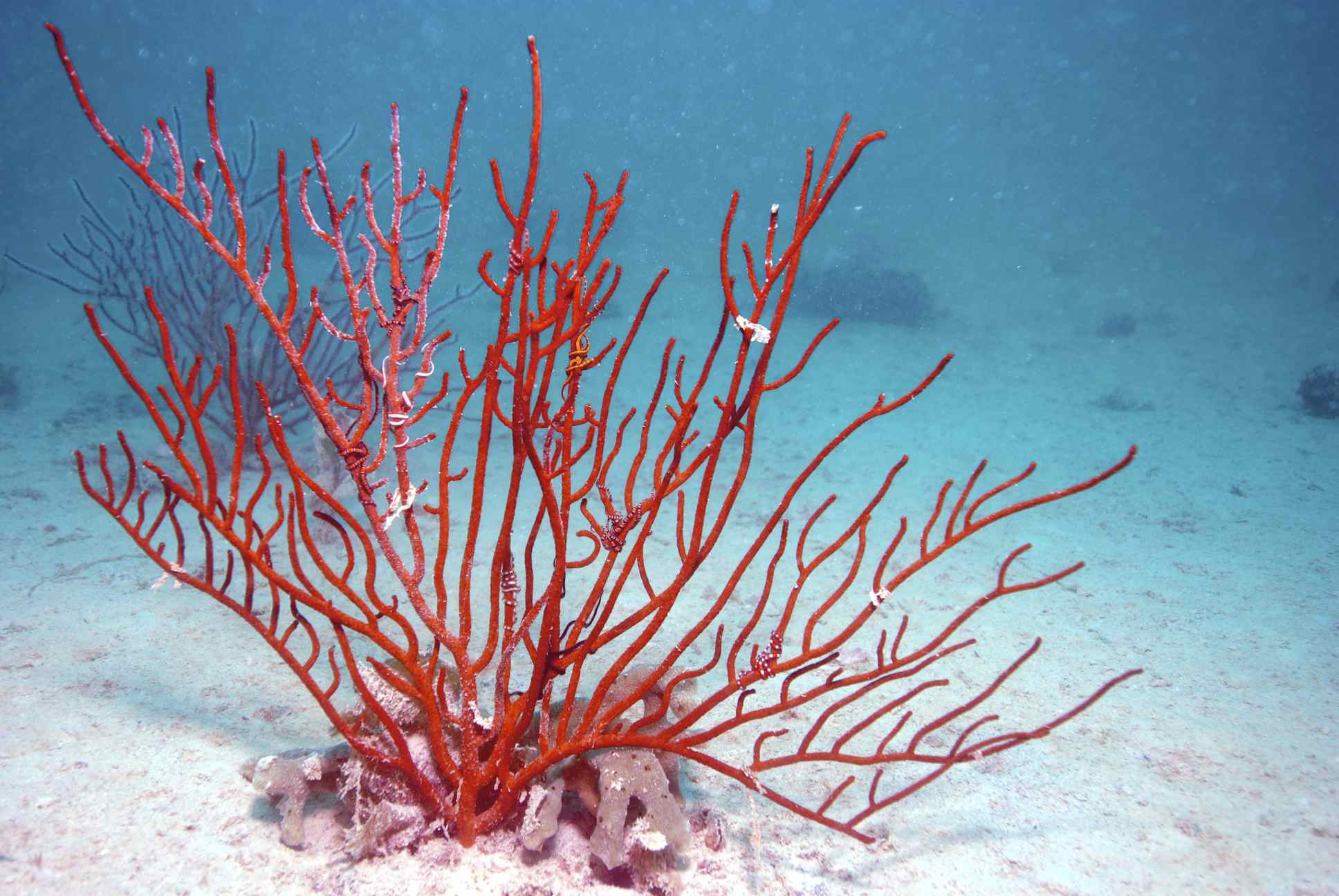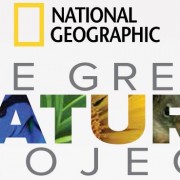Abu Dhabi, [7 October 2015]
At Eye on Earth Summit 2015 today members of the Oceans and Blue Carbon Special Initiative launched “The Oceans and Us”, a new publication that highlights the critical role healthy oceans play in achieving the recently adopted UN Sustainable Development Goals (SDGs).
Co-written by the Abu Dhabi Global Environmental Data Initiative (AGEDI), GRID-Arendal, the UNEP-World Conservation Monitoring Centre (UNEP-WCMC), The Nature Conservancy, the University of Western Brittany Brest (UBO), and the Marine Ecosystem Services Partnership, the publication outlines the essential nature of conserving and restoring marine and coastal ecosystems, and the related needs for data and policy actions. According to the entities, the role of healthy marine and coastal ecosystems for sustainable development is neither fully understood, nor fully integrated, into decision-making and planning.
“We found that healthy corals, mangroves and other marine and coastal ecosystems provide a myriad of benefits to sustainable development,” said Jane Glavan, AGEDI Partnerships Manager. “For Abu Dhabi this includes coastline stabilization, water purification, tourism value and, importantly, the sequestration and storage of carbon dioxide. A better understanding of marine ecosystem services is important to the achievement of the UN Sustainable Development Goals as it enables informed policy choices on conserving and restoring valuable natural assets.”
Christian Neumann, Marine Ecosystem Services Project Manager at GRID-Arendal, stated: “With 200 million people on the planet employed directly or indirectly through marine fisheries alone, we simply cannot afford the continued decline of ocean health. Healthy marine and coastal ecosystems are indispensable in our fight against poverty, to provide adequate nutrition, health and employment to the people on the planet, and to mitigate and adapt to climate change.”
The analysis undertaken by the partnership showed that the conservation and sustainable use of the ocean and its resources, an SDG in itself, supports an additional nine out of the 17 goals. Capturing the value of marine and coastal ecosystem services—the benefits people obtain from the ocean—is facilitated by strong communication between science and policy-making, ensuring reliable, objective and widely available data is provided to support informed decisions.
“There is growing global recognition among world and local leaders that healthy marine and coastal ecosystems have an essential role in our efforts to achieving a more sustainable future. This understanding has the power to bring together conservation and development communities. Only then can we harness this powerful, sustainable and global natural factory to achieve the Sustainable Development Goals we have set for the people of this planet,” said Corinne Martin, Programme Officer Marine, UNEP-WCMC.
The full report is available to download here
More information about the Eye on Earth Summit, speakers and new project proposals can be found at www.eoesummit.org.

